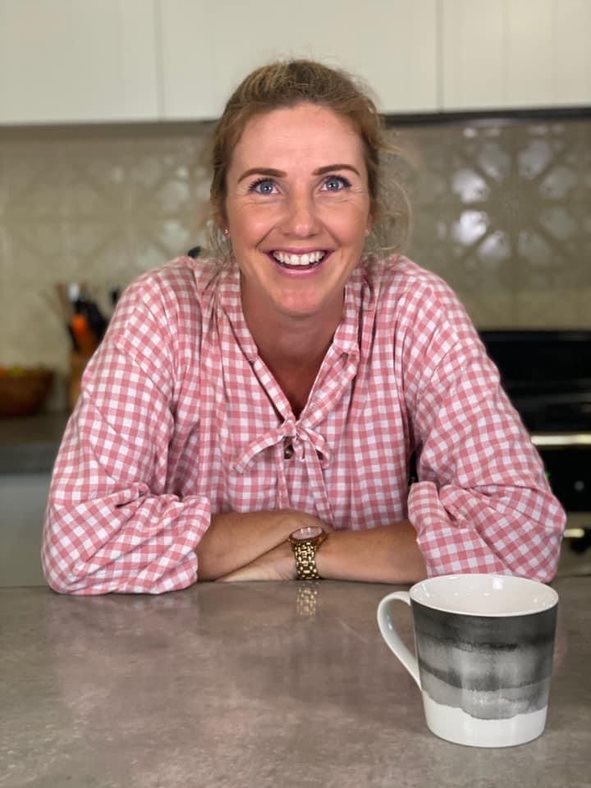
AUSTRALIAN law says a child being educated by distance education must have supervision for the school day.
This responsibility often falls on the mother and in some cases, where people can, a privately employed home tutor is employed.
The Australian Geographically Isolated Learner Education Inc. (AGILE INC) has developed a national survey to gather real data on the role, the responsibilities of the home tutor and how the profession affects individuals in the workforce.
The organisation comprises three dedicated University of Southern Queensland education professionals, Professor Patrick Danaher, Dr Brad McLennan, Dr Karen Peel and Elizabeth Burnett, a home tutor and teaching parent from Clermont who has two daughters enrolled with the Capricornia School of Distance Education.
“We endeavour to use this information to inform policy makers in government to better support these very essential people who are educating our most vulnerable students,” Mrs Burnett said.
“Those who can’t access a mainstream classroom, whether because of geographical isolation, medical or mental health, travel or other deserve their educator to be supported and recognised.
“We created a promotional video with Rabbit Hop Films based in Moree to help to give the public insight into the issue we face and how with recognition the profession could be improved to be more supported and in turn would positively affect the children in this mode of learning and better enable their access to consistent and quality education.”
AGILE INC. is built from a grassroots movement to address the needs affecting education of remote learners.
“We started this incorporated association from a genuine need in the bush and beyond in the distance education space,” Mrs Burnett said.
“The mammoth responsibility that the home tutor carries in educating remote learners is largely unknown to the public, not documented at all and unrecognised in the education field.
“Due to this the secondary issues flow, there is a huge shortage of these professionals, which makes soliciting and retaining them very difficult, and support for the profession is very limited,” Mrs Burnett said.
She said that as a result many of the professionals were relying on their own resilience to provide education that was adequate in direct competition with that of a mainstream model.
“The other massive reality that many people face when having to use this model of schooling is that often employing a home tutor is not an option, financially and environmentally, Mrs Burnett said.
“What occurs then is that the mother usually teaches her children herself, which is complex enough but additionally she is often not adequately prepared with the training to teach across the grades and this is the case for a lot of employed home tutors too.”
She explained that this was where the gap needed to be closed and recognised by the government, so that paramount support and training followed.
“Every child deserves an equal education in Australia.”
Mrs Burnett has encouraged Australians to get behind the movement, and improve the learning reality for long distance educated children who have no choice, by completing the survey.





